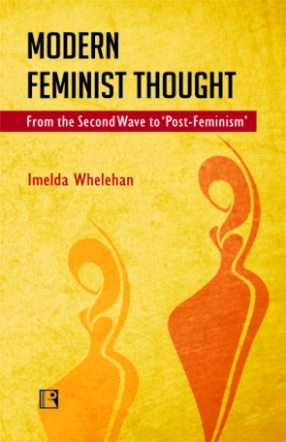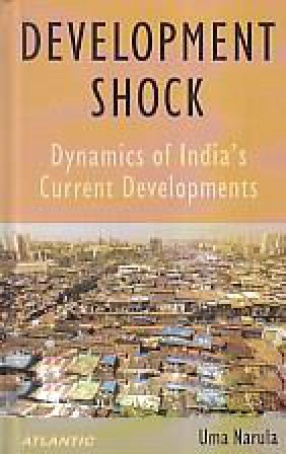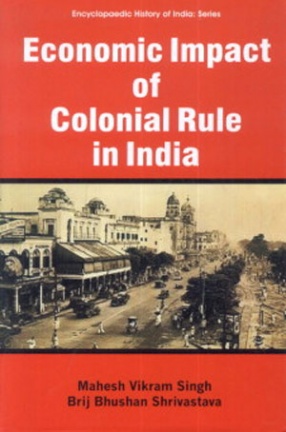This introduction provides a critical survey of the dominant trends in Anglo-American feminist thought since 1968. From the historical roots of second-wave feminism to current debates about feminist theory and politics, it sets out the different philosophies and political positions before relating them to feminism in the 1990s.
In individual chapters, this book analyses key issues such as sexuality, representation, consciousness-raising and ideology from liberal, socialist, radical, black and lesbian feminist perspectives. In addition, current crises which threaten to divide the women’s movement further are addressed, such as the ‘men in feminism’ debate, postmodernism and the notion of a backlash fuelled by detractors such as Camille Paglia and Katie Roiphe. Modern Feminist Thought summarises the main arguments clearly and succinctly, yet remains conceptually challenging. In its new academic form, feminism is still, Imelda Whelehan demonstrates, a potent political force.
Contents: Introduction. Part One: Generating the Second Wave: 1. Liberal feminism: the origins of the second wave. 2. Marxist/ socialist feminism: reconstructing male radicalism. 3. Radical feminism: redefining politics. 4. Lesbian feminism: exploding ‘heteroreality’. 5. Black feminism: reimagining ‘equality’.Part Two: Crisis in Feminism? 6. Crisis in feminism? Feminist debates in the ’80s and ’90s. 7. Sites of fissure: putting the politics of the personal to the test. 8. Men in feminism. 9. Feminism, postmodernism and theoretical developments. 10. Identity crisis? ‘post-feminism’, the media and ‘feminist superstars’. Conclusion.





There are no reviews yet.